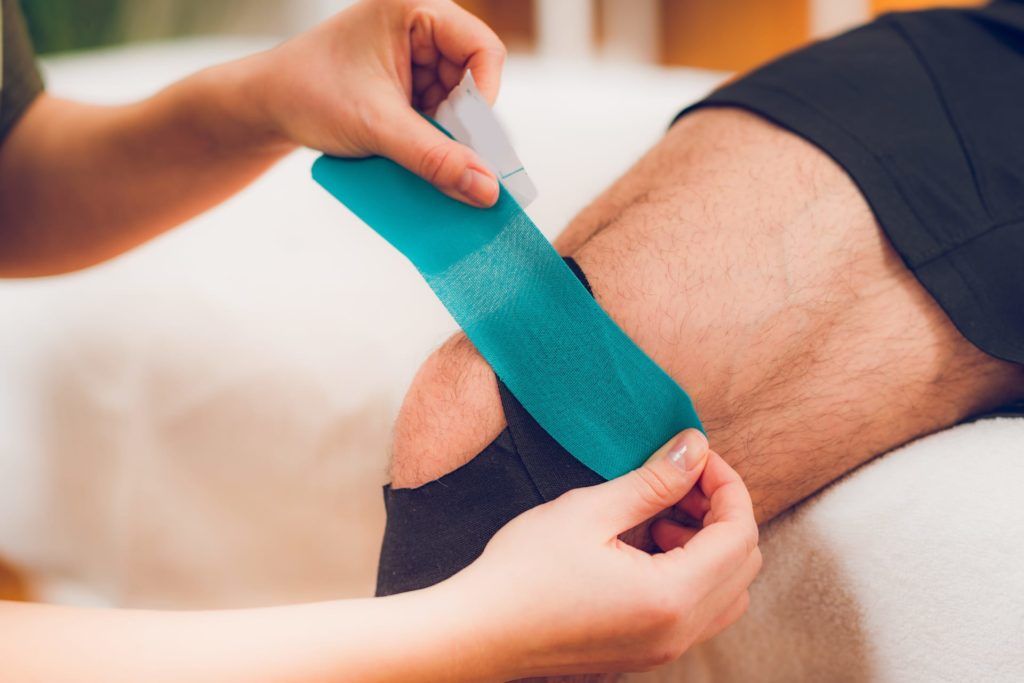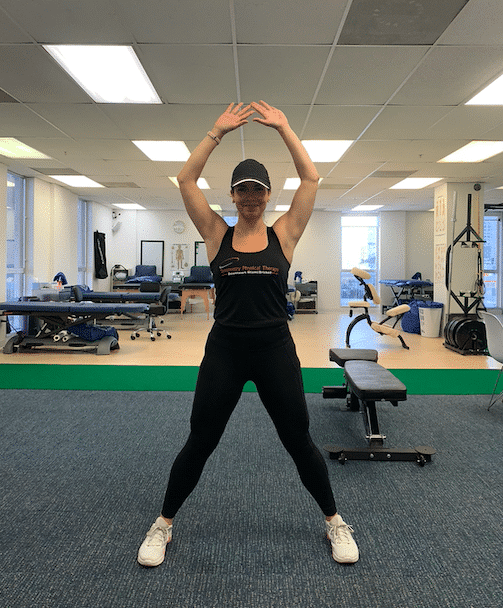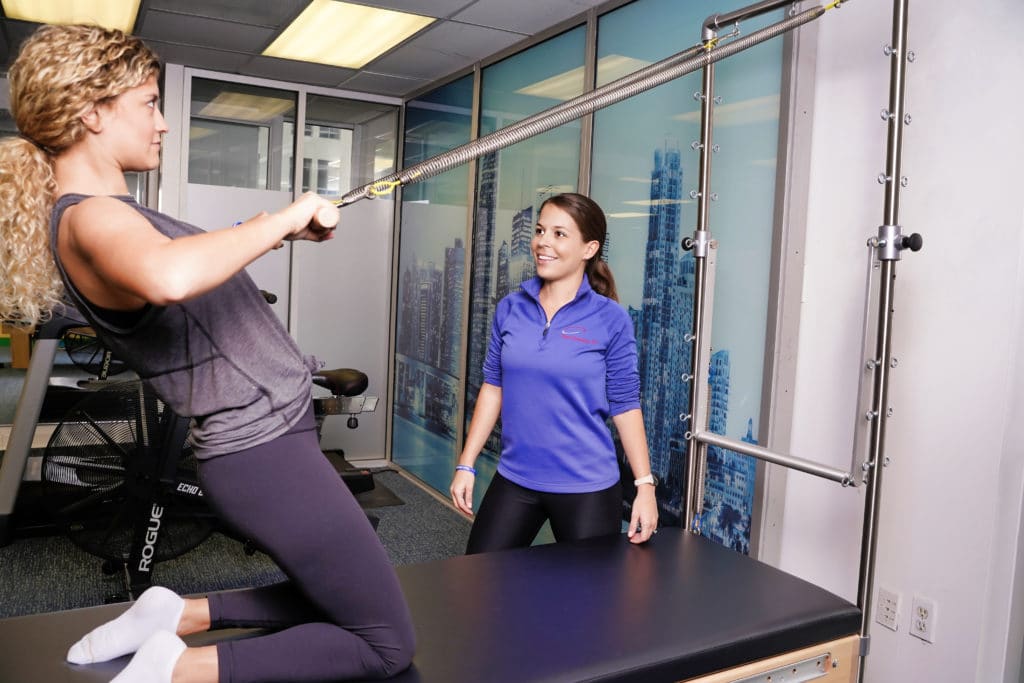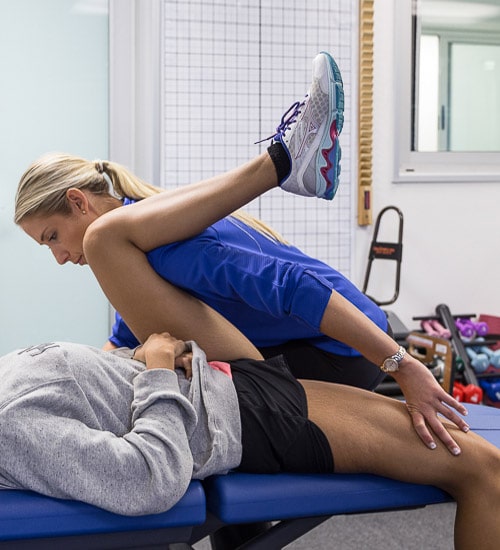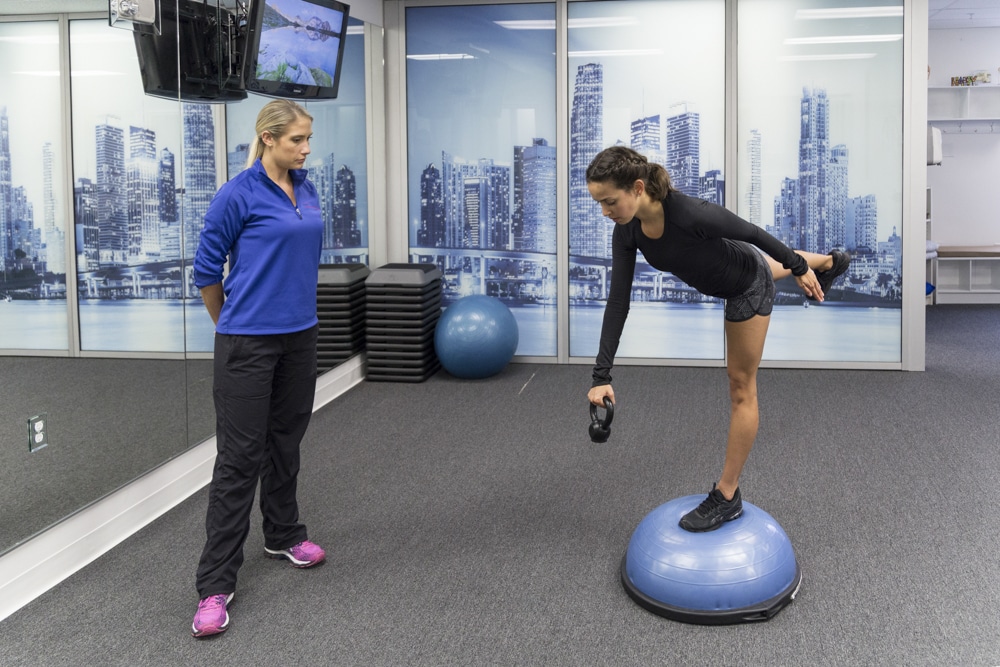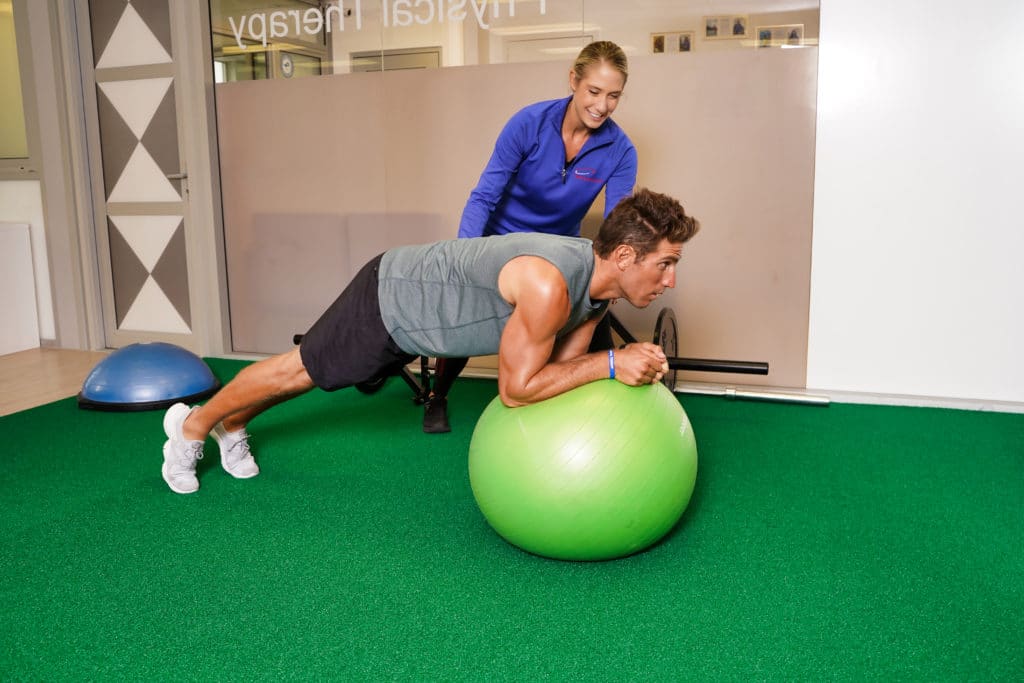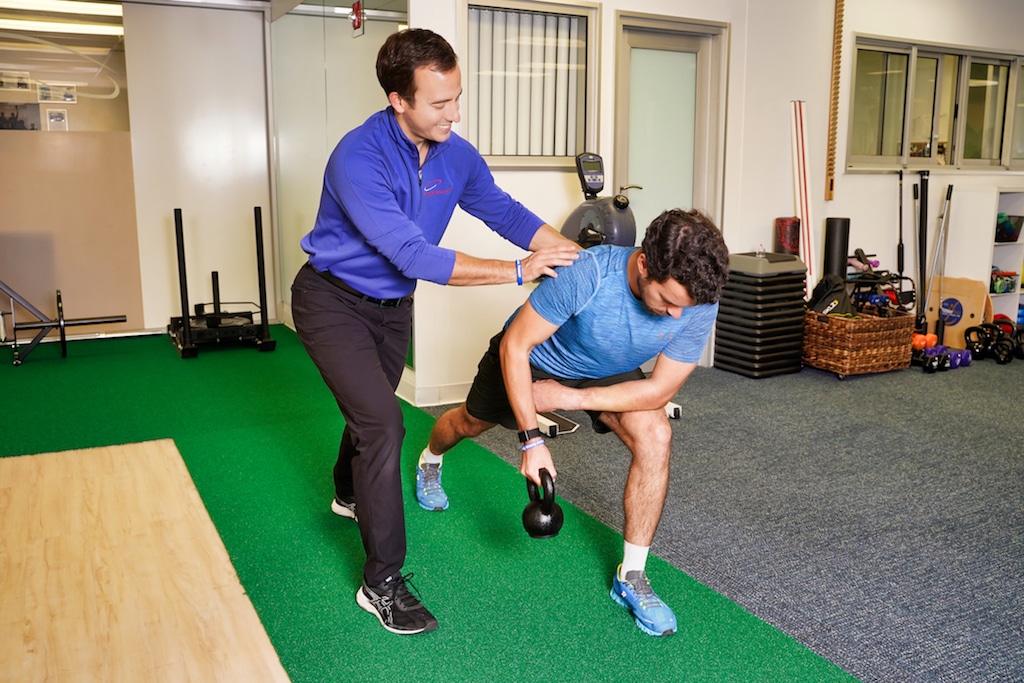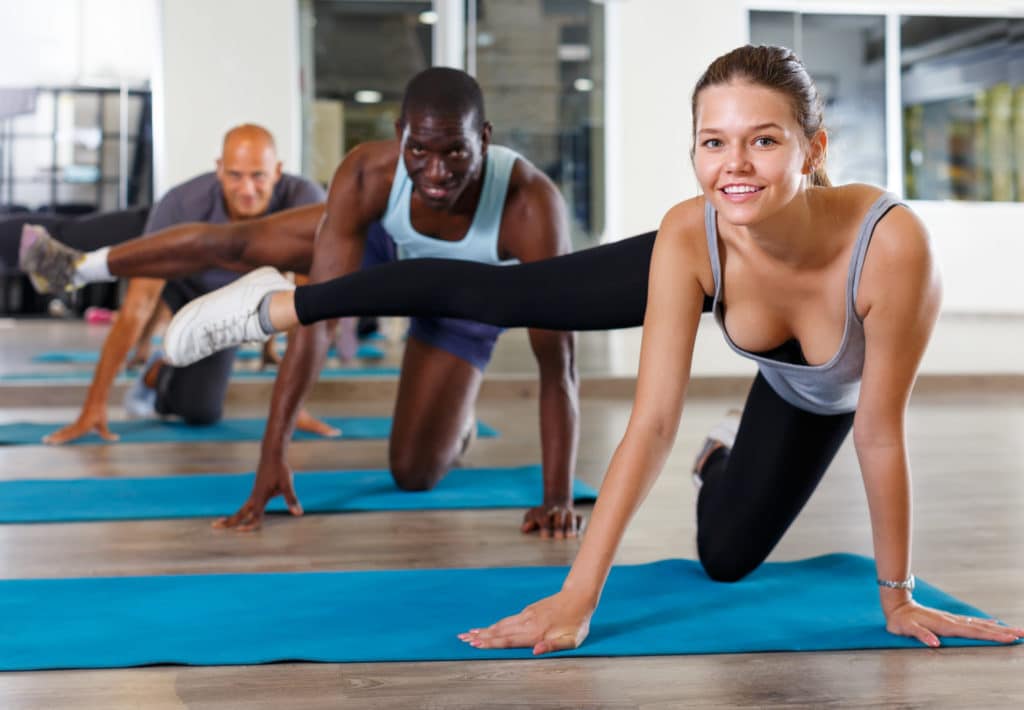Posts Tagged ‘physical therapy’
When Will My Injuries Heal?
Healing Time for Musculoskeletal Injuries Tissue healing times vary from person to person and from injury to injury. However, the biological process of tissue healing remains the same. The body does an amazing job of healing throughout several phases of tissue repair. Have you ever heard someone blame their low back pain on a herniated…
Read MoreWhat is the Core?
What is the “CORE”? The “core” receives a lot of publicity in today’s society and fitness world. However, there is a lot of confusion about what the term “core” really means. Despite popular belief, having strong and stable core muscles goes beyond having six pack abs. It is possible to have a visible six pack,…
Read MoreA Beginner’s Guide to Pilates
What is Pilates? Pilates is a form of low-impact exercise designed to connect the body and mind while improving strength, flexibility, mobility, stability and core control. Check out our Youtube channel for pilates exercises. Meet Joseph Pilates As a child, Joseph suffered from many illnesses that left him weak and sickly. Inspired…
Read MoreWhat’s New At Symmetry Physical Therapy?
Symmetry Physical Therapy is growing! We have decided to expand Symmetry Physical Therapy! Our patient list is growing and so are we. So what does this mean for your current physical therapy sessions? Our physical therapists will continue to provide dedicated one-on-one physical therapy care. We are very excited about this growth. As a result,…
Read MoreFlexibility vs. Mobility: What’s the Difference?
Chances are you’ve seen an Instagram account or two (or ten) promoting mobility challenges. These include exercises that require motion at many joints to perform correctly. So you’re probably thinking, I can stretch for 5 minutes and then try this exercise again with a better result. By doing this, you might not see the results…
Read MoreBenefits of Unilateral Exercise
Unilateral means “one sided”; an exercise performed on one side of the body, or with one limb. Bilateral means “both sides”; an exercise performed with both sides of the body or with both limbs. For example, a piston would be considered a unilateral exercise, where a squat would be considered a bilateral exercise. Unilateral…
Read MoreHow to Challenge your Balance to Train it
How the Body’s Balance System works: Balance relies on three distinct systems to come together: your eyes for sight, your inner ear for vestibular input, and then the bottom of your feet for proprioception. Your brain takes all the sensory input from these three areas of the body, and with that information tells your muscles…
Read MoreThe Strategies to Maintain Balance
What are strategies for balance? As humans, we have evolved methods to take in order to preserve our bodies to the best of our abilities. One of these remarkable mechanisms is how we maintain our balance as a bi-pedal (two-legged) species. It important that we have strategies for balance. It’s our bodies very own unconscious…
Read MoreWhy is Hip Mobility so important?
Why is Hip Mobility Important? Hip mobility is essential to the proper full functioning of the hip joint. While the hip joint is meant to be more stable and less mobile than the shoulder joint, it can still be extremely limiting and even harmful if the hip joint lacks its full mobility. There are many…
Read More3 Reasons Strong Glutes are Important
What do your glutes do? There are different glutes; three to be exact: gluteus maximus, gluteus medius, and gluteus minimus. Together, these muscles are responsible for hip extension, internal rotation, and abduction of the hip. The glute medius and minimus work together to promote hip abduction and prevent hip adduction. These muscle come in most handy when…
Read More
